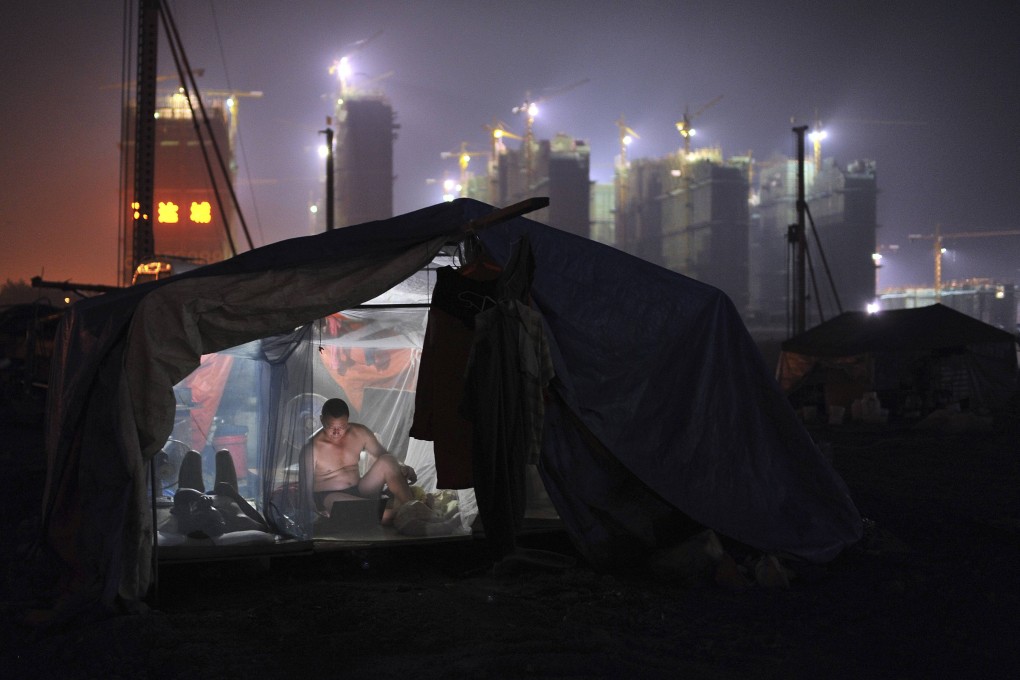Stop asking if China or the US is No 1 economy
Tom Plate says the far more important question is how they get along

One of the sillier and least useful quarrels in world economics these days is whether China or the United States has the larger economy. The question is like having two huge elephants looking about the same size and weight getting on the bathroom scales to weigh themselves, down to the last comparative ounce.
For a further laugh, take a look at who's asserting what. Rather than denying it has become the No 2 economy, many US experts are agreeing that China is No 1. But not China: many of its officials and experts are insisting the US is still in first place because of this statistical reason or that.
The reality is that China gains some benefits by presenting itself in trade talks as a still relatively poor developing economy.
By many measures, this is technically accurate (it is far more poor than rich). But, with each successful year, its assertions become less believable even as they remain statistically true.
As for the US, it is extremely helpful to the anti-China crowd aiming to sell military containment as the best China policy to be able to overstate or at least dramatise Beijing's roaring economic growth. Remember the great fear in the 1980s about Tokyo - that the booming Japanese economy would soon take over the world? Now we have a new Asian peril from across the Pacific.
I am actually rooting for Beijing to sell the China-as-No-2 argument because it will help feed its many millions of its poor.
Reports of the demise of Chinese economic growth are at best premature. As investment economist Kenneth Courtis puts it: " Has the world gone completely mad? A 7.4 per cent growth for a US$11 trillion economy is not bad. And it represents about 40 per cent of total world growth in 2014! Plus, as China's trade surplus has crumbled from 10.6 per cent of GDP to 2.5 per cent over the last six years, it is exporting vast amounts of growth to the region."